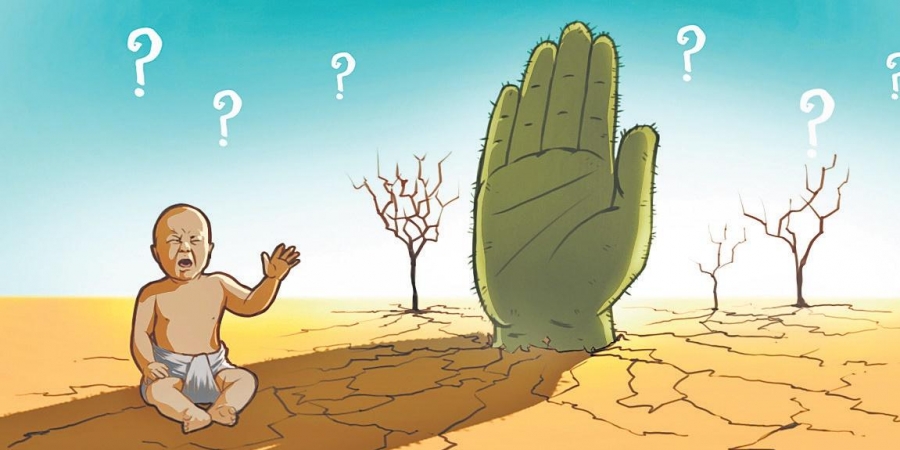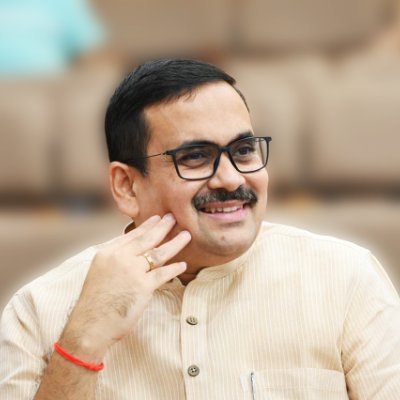We are living in extremely paradoxical times. Savour here one example.
We are living in extremely paradoxical times. Savour here one example. Having fanned the fires of violent protests against the historic Citizenship Amendment Act (CAA), which was introduced and effectuated by Prime Minister Modi’s government and passed by both Houses of Parliament and assented to by the President of India, having given calls to a certain denominational section—namely the Indian Muslims—to hit the streets against CAA, to consider it their right to violently protest, to consider the protests as their ultimate struggle for survival, the Congress party’s leaders in Parliament have now admitted that CAA is not about taking away anyone’s citizenship! The party remains leaderless and rudderless, and is evolving into a dangerously confused political entity.
That acerbic lawyer of the Congress, the one who was at the forefront of opposing the building of a Ram Temple at Ayodhya, Kapil Sibal, admitted as much in the Rajya Sabha last week during the debate on the Delhi violence. That is exactly what PM Modi and Home Minister Amit Shah and the entire phalanx of the BJP have been saying right since the night when the CAA was passed in Parliament. The CAA was meant to confer citizenship, to legitimise and dignify the existence of those lakhs of people who were evicted from the land of their ancestors due to targeted and systematic religious persecution.
The Islamic state character of Pakistan led to this behaviour towards its minorities ever since it was carved out of India. The dilemma and plight of the minorities of Pakistan, especially on its eastern flank, then known as East Bengal and later as East Pakistan, till the formation of Bangladesh in 1971, was, among others, best described in Jawaharlal Nehru’s words when he said sometime in early 1949, that “the basic difficulty of the situation is that the policy of religious and communal state followed by the Pakistan Government inevitably produces a sense of lack of full citizenship and a continuous insecurity among those who do not belong to the majority community.” Surely the Congress will have no dispute with Nehru’s description of the situation, provided the Congress of today has a sense of their own party’s history and past.
Right since its formation, the leadership of Pakistan moved towards declaring it as an Islamic state, in which the non-Islamic sections of society would live as second class and persecuted citizens. Despite professions to the contrary, minorities, especially Hindus in Pakistan, received a raw deal. The Amrita Bazar Patrika, one of the most reliable documenter and chronicler of the eastern partition, wrote, referring to the conditions of the Hindus in East Bengal thus, “They have no share in the executive: 25 percent of the people have no representative in the Cabinet or in the all-powerful bureaucracy. They have no share in legislation, for brute majority counts and the voice of the minority is but a cry in the wilderness. They have no share in the judiciary: a community which has produced jurists and judges of international reputation for a century or more cannot provide even a Munsif for East Pakistan Judicial Service.”
The first round of pogrom began in 1950, Hindus in droves were compelled to leave their home and hearth in East Bengal and move to the pavements of West Bengal, all the while the Pakistan government claimed that they did so out of their free will and that there was peace as far as the minorities were concerned. It was Raj Kumar Chakravarty, doughty freedom fighter, Member of the Pakistan Constituent Assembly, who countered this when he said, “Certainly the people are not leaving their homes and hearths, the land of their forefathers where they have lived for generations, for the mere fun of it… The fact is that there is a sense of insecurity in the minds of the people of the minority community. There is a want of confidence in the government of Eastern Pakistan… I say with all sense of responsibility that I possess that there is no doubt peace but it is the peace of the grave that exists with regard to the minority communities in East Bengal.”
The questions therefore that beg attention and answers is why did the Congress, if it has finally admitted that CAA is not meant to snatch away citizenship but to confer it, then persist, for the last three months, in fanning passions and violence, in inciting a section of the population, in insisting that in states in which it is in power its government pass anti-CAA resolutions and thus challenge our democratic and Constitutional fabric and essence? Why did it persist in inciting a revolt against our Parliamentary structure? Why did it spite the plight of Hindu refugees, why did it refuse to accept that a life of dignity is what they deserve, why did it vociferously resist the passing of CAA and asked people to take to the streets, why did it collude with anti-India fronts like PFI and work to destabilise India internally and internationally? These are questions that posterity will definitely ask of the Congress.
(The views expressed are the author's own and do not necessarily reflect the position of the organisation)


